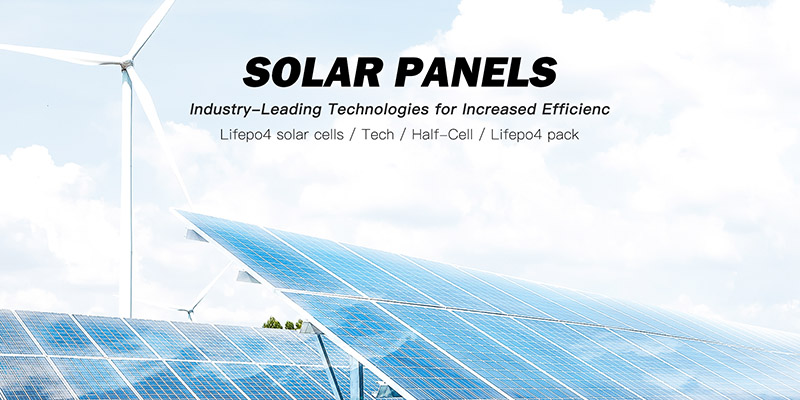Why Should You Clean Your Solar Panels? And How To Clean?
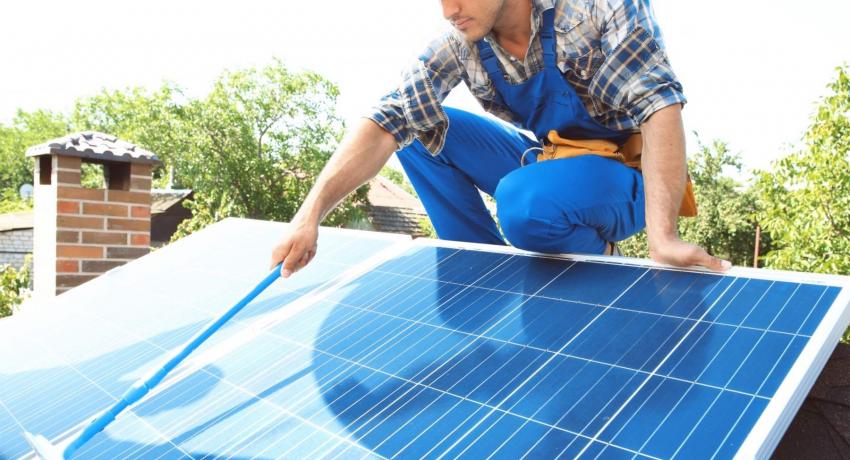
Zero-waste and pollution-free-concepts that run the world today. Everyone strives towards making the world a greener and cleaner place to live in. To approach the vision that everyone has, switching from fossil fuels to renewables like solar energy is a must. Especially when purchasing solar panels and consuming solar energy has multiple advantages like affordability and inexhaustibility.
However, without proper cleaning procedures, it will be impossible to enjoy the perks of the energy of the sun and its equipment. Solar panel cleaning is an essential part of solar energy generation.
Why Is Solar Panel Cleaning Essential?
Solar panel cleaning is a procedure during which PV panels get washed. Depending on your area of residence, dust, smog, dirt, and sand may hinder the equipment from sunlight. The latter will either block the generation of energy or lower the equipment’s efficiency. Accumulated dust and dirt on solar panels can result in —soiling— energy losses of up to 7% annually in parts of the US and as much as 50% in the Middle East.
Moreover, if you purchase a solar panel kit that incorporates multiple pieces of equipment, the purchase may be a failure because of low efficiency resulting from improper cleaning. To prevent these, proper solar panel cleaning procedures should be undertaken to save money and time.
When Should Solar Panels Be Cleaned?
The most obvious way to tell when solar panels need cleaning is when the efficiency of the system begins to decline.
Pollution is typically higher during the winter when cold air traps pollutants closer to the ground than the warmer air of summer. That means spring is the best time of year to clean solar panels, as they become too hot to touch during the summer. The best time of day to clean them is in the morning or early evening when they are cooler.
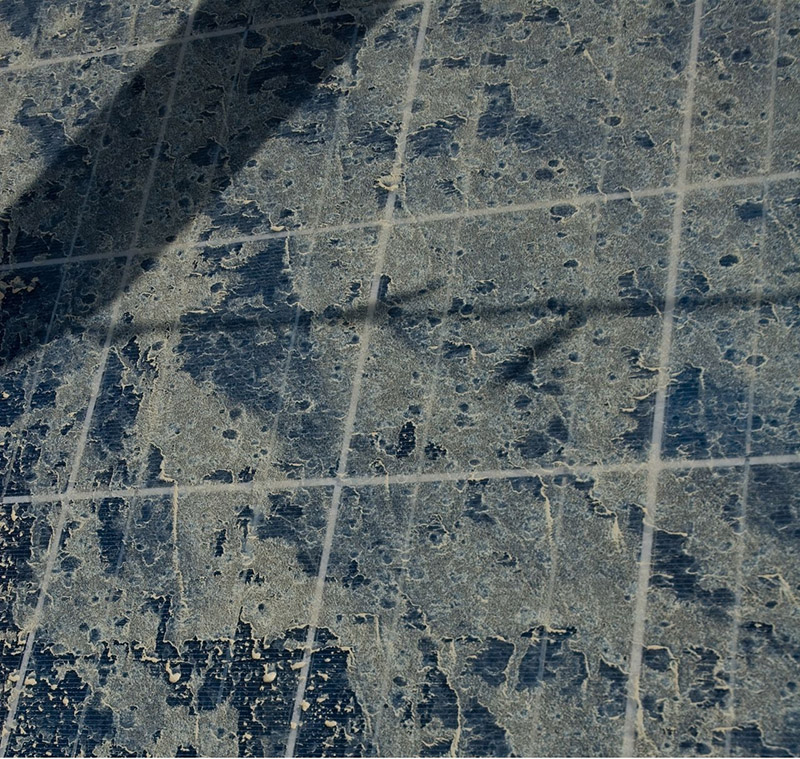
There are companies working on ways to use advanced technology to monitor the condition of solar panels and remove some of the guesswork. Researchers in Spain have received a patent for a solution that attaches a sensor to the glass surface of a panel and uses an LED light to measure the amount of dirt that has built up. The US National Renewable Energy Laboratory (NREL) is also developing a way to monitor the amount of electricity panels produce every day to detect when soiling has begun to degrade output.
How To Clean Solar Panels?
There are several ways to keep solar panels clean, from manual washing to fully automated technologies. While rainwater can remove some of the grime that collects on panels over time, it can also cause dirt to accumulate at the bottom of the panels, and it isn’t sufficient to remove heavy pollution.
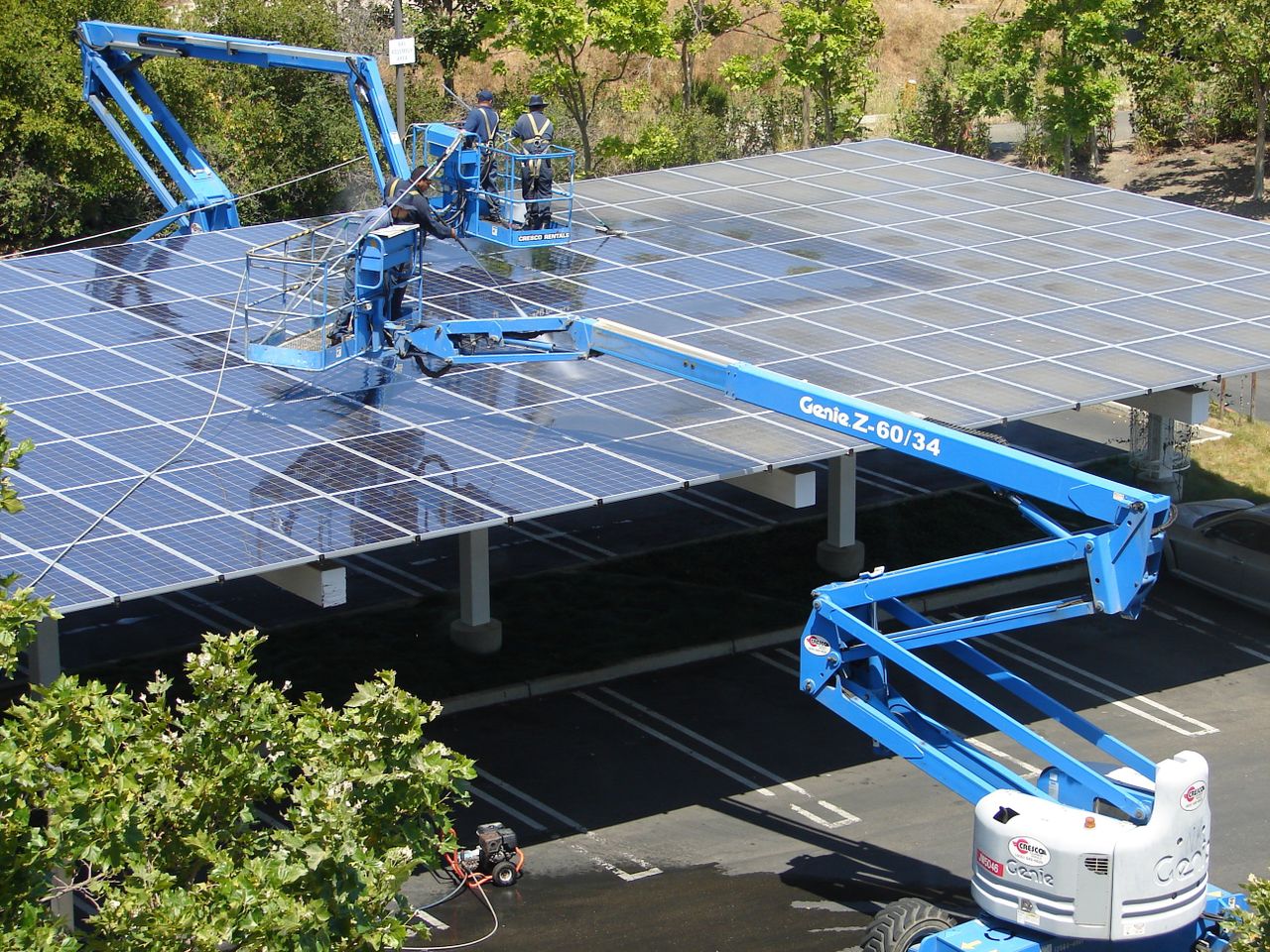
Robotics
Robotics technology is enabling companies like Italy-based Washpanel to produce automatic and semi-automatic robots specifically designed for solar panel cleaning. It provides portable semi-automatic robots for panels installed on places such as carports, greenhouses, and shed roofs. And it offers fixed roof robots for large installations in dusty environments that require regular cleaning.
In the Middle East, Ecoppia deploys solar-powered autonomous robots to clean PV panels nightly using soft microfiber and airflow rather than water, as high-pressure washing can damage the panels. The robots also clean their own on-board solar panels and recharge their batteries quickly between operations.
Soap-less Brushes and Sponges
Solar maintenance companies like US-based Bland Company and Premier Solar Cleaning have found that using deionized water with a rolling or vehicle-mounted brush allows them to clean panels without using soap, which leaves a residue that not only shades panels but attracts dirt.
Lubricant manufacturer Polywater produces a Solar Panel Wash to help water lift off grime without leaving a film behind. SunSystem Technology uses a blend of diluted vinegar and hydrogen peroxide to remove dirt.
And, homeowners can wash their solar panels manually using a garden hose and a soft sponge without cleaning agents.
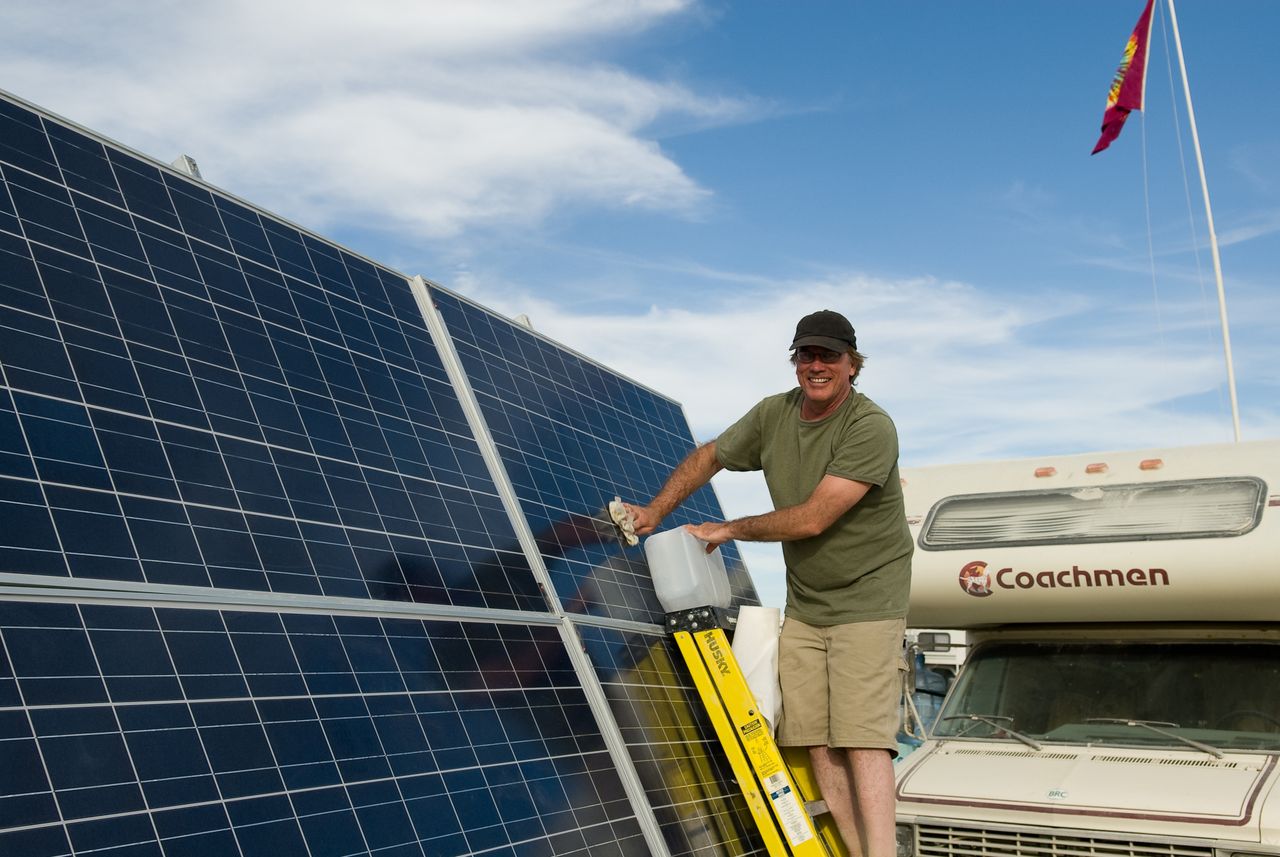
Waterless Vibration
Scientists at Heriot-Watt University in Scotland and in a project funded by NASA in the US have developed ways to cause solar panels to vibrate to shake surface dust loose. The Heriot-Watt solution attaches a direct-current (DC) motor to the back of a panel that can be tuned to induce vertical vibrations.
Nanoparticle Coatings
Scientists at the International Advanced Research Centre for Powder Metallurgy and New Materials (ARCI) unit of India’s Department of Science and Technology have developed a solar panel coating to prevent dirt from accumulating in harsh environments. In India, PV panel efficiency is affected by a combination of high temperatures, high humidity, and high pollution.
The nanoparticle-based technology repels dust so that it is easily washed off with water and is highly transparent, so that the coating does not reduce panel efficiency. India’s Marichin Technologies is producing the coating for commercial adoption.
Manual Cleaning Work
Manually cleaning the PV panels is a good old-fashioned way! Robots, waterless vibration or special coating solutions are innovative and efficient, however, there are many scenarios where these types of solutions can be quite expensive and inefficient. This applies specially for small installations, residential or commercial scale, as well as special structures and installations such as agrivoltaics.
To properly carry out the task, there are some instruments that will help a lot when cleaning solar panels. On the one hand, there are many special brushes that rotate while brushing the soil from the panel. Also, any basic cleaning instrument such as the ones used on car windshields could also help us out.
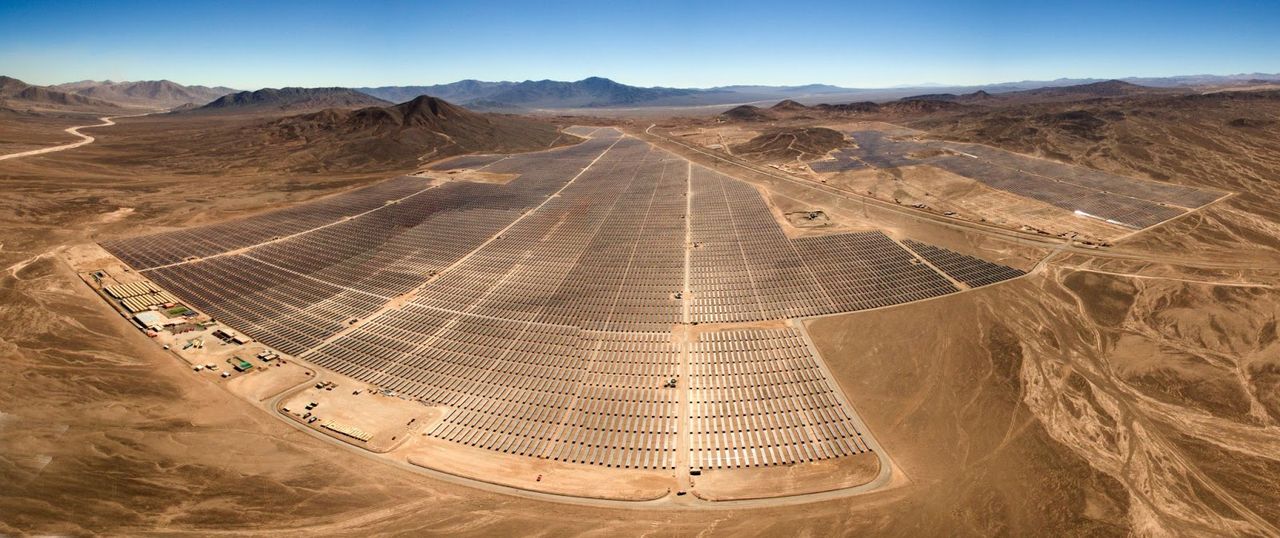
How Location Affects Solar Panel Cleaning
Where solar panels are located also has a bearing on how to clean solar panels and how often they need to be cleaned to remain efficient.
As a general rule, they should be cleaned at least once or twice a year. But in some locations, they may benefit from more frequent cleaning.
Polluted Areas
PV panels installed in areas with high levels of pollution, especially near factories, highways, or airports, will experience high levels of atmospheric grime and oil buildup.
Wooded Areas
Installations with many trees nearby are likely to have more leaves drop on the panels, obstructing the absorption of sunlight. Trees also attract birds that could result in an accumulation of droppings that obscure the PV cells and damage the surface due to acidity, reducing efficiency.
Deserts
Regions such as the Middle East and US Southwest with dry and dusty climates see larger accumulations of sand on PV panels that block light and scratch the surface. In areas like California or Australia, ash from wildfires can quickly fall on panels in large clumps.
It turns out that solar panels, equipment that generate the trending type of renewable power – solar energy, need proper care for lengthy and efficient functioning. Even though this may seem complicated, all you need to do is clean solar panels once in a while. If done at the right time and with the proper techniques, not only will the equipment supply solar power for ages, but also there won’t arise a need for professional maintenance procedures. Be thoughtful and take care of your solar panels to enjoy them for the longest possible!
Go solar, go save!
If you want to know more about solar panels, get in touch with our solar energy expert now!

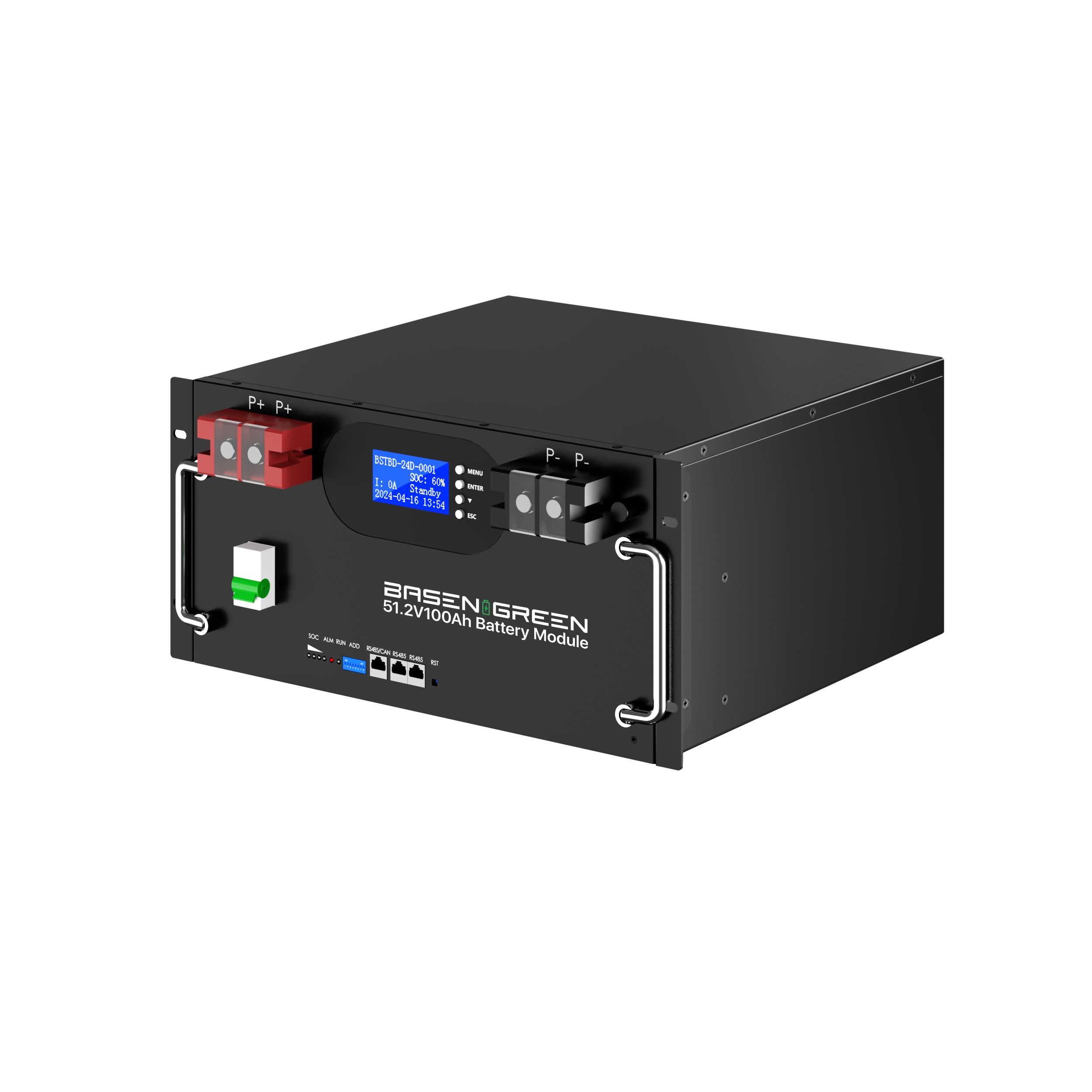
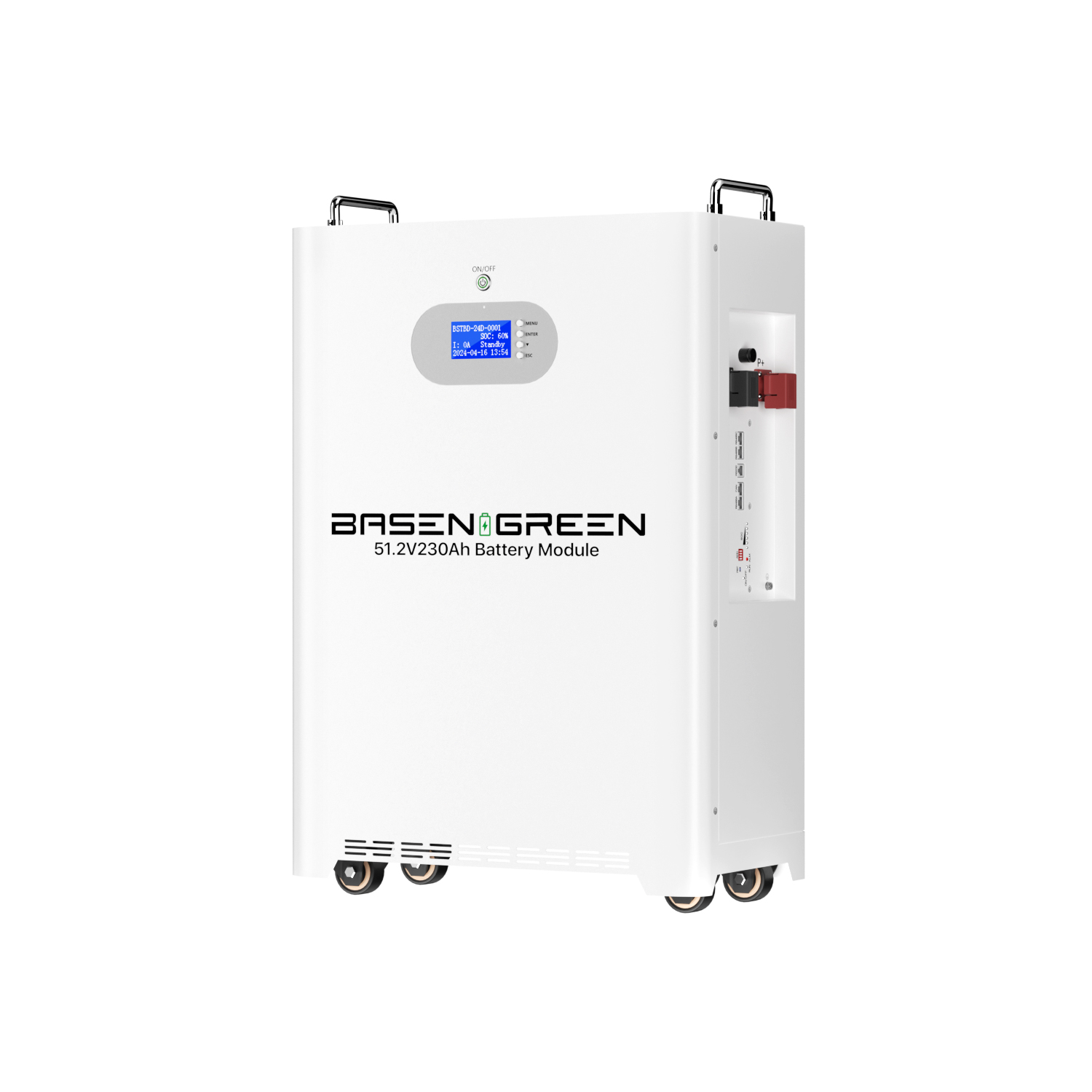
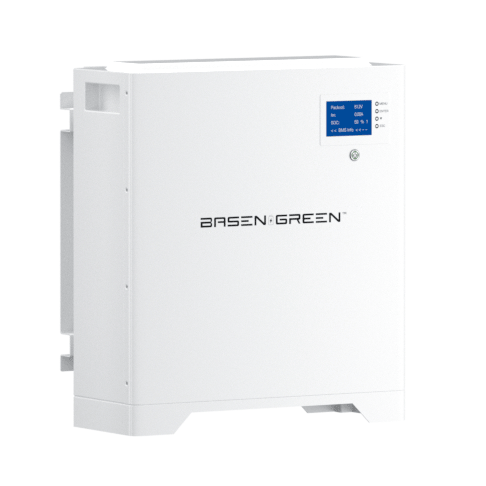
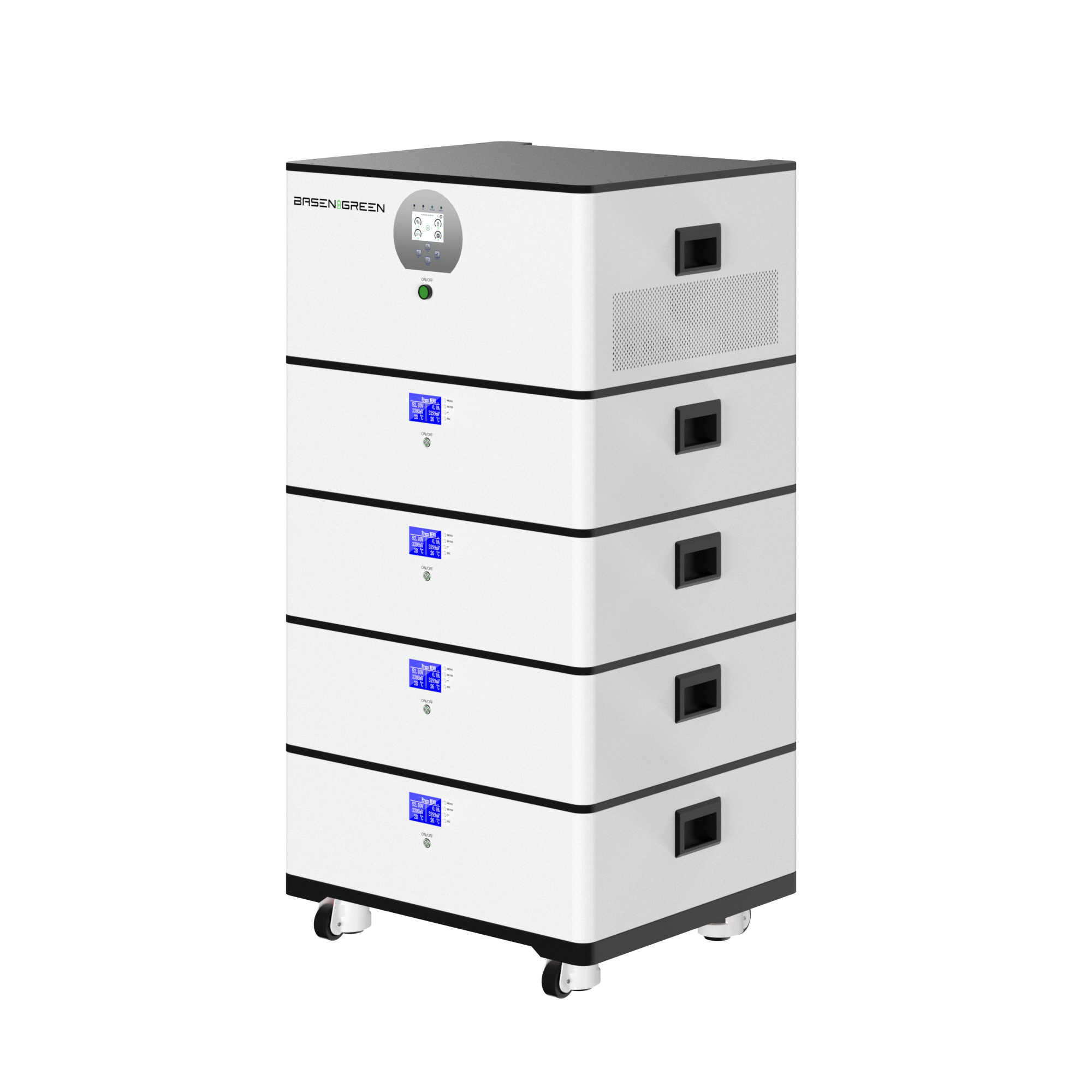

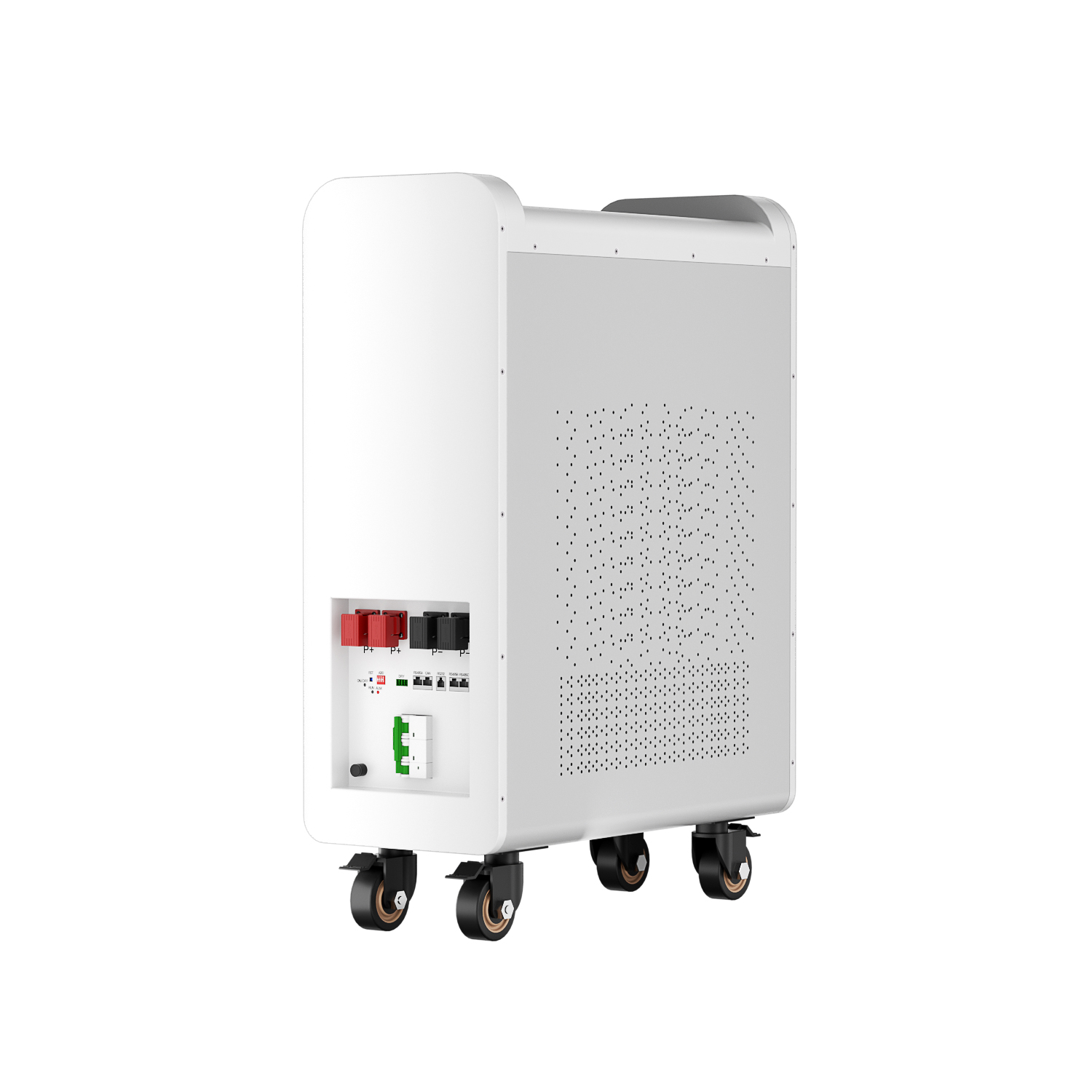
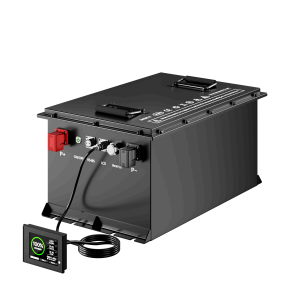
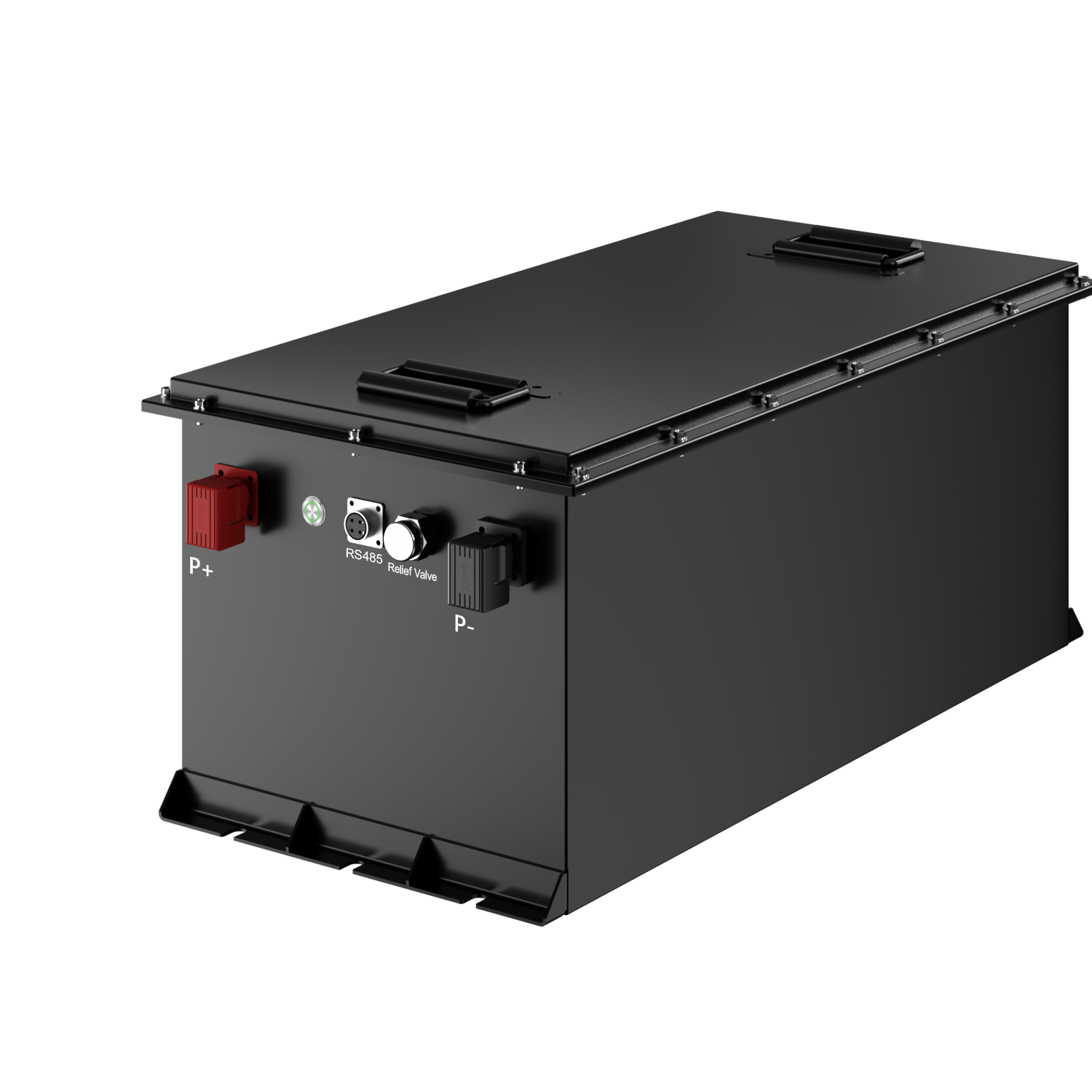
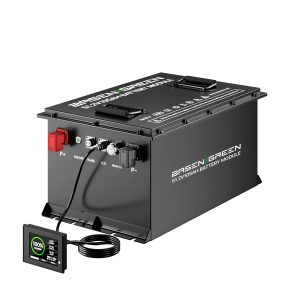
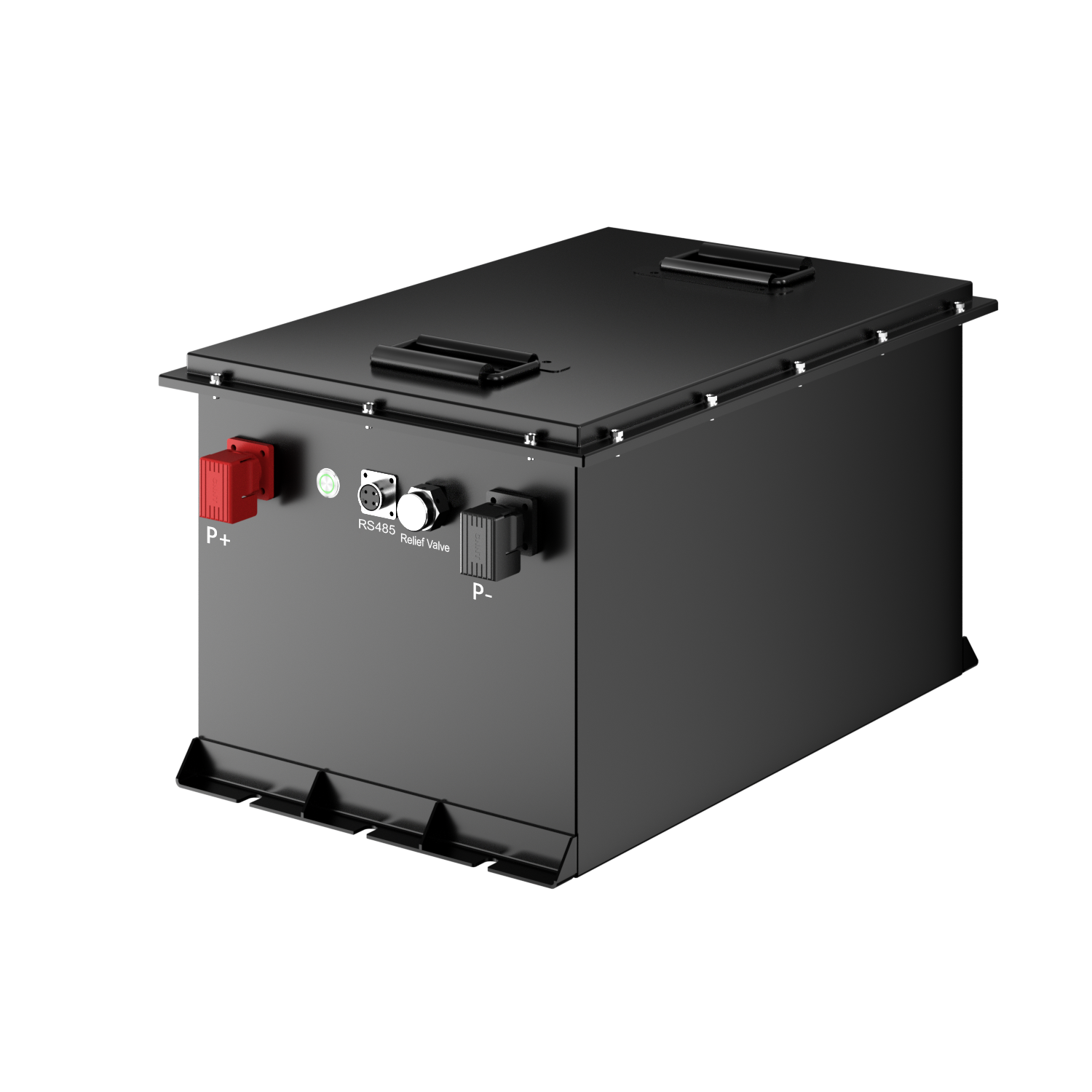
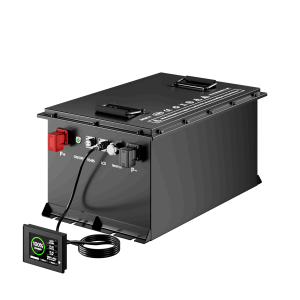
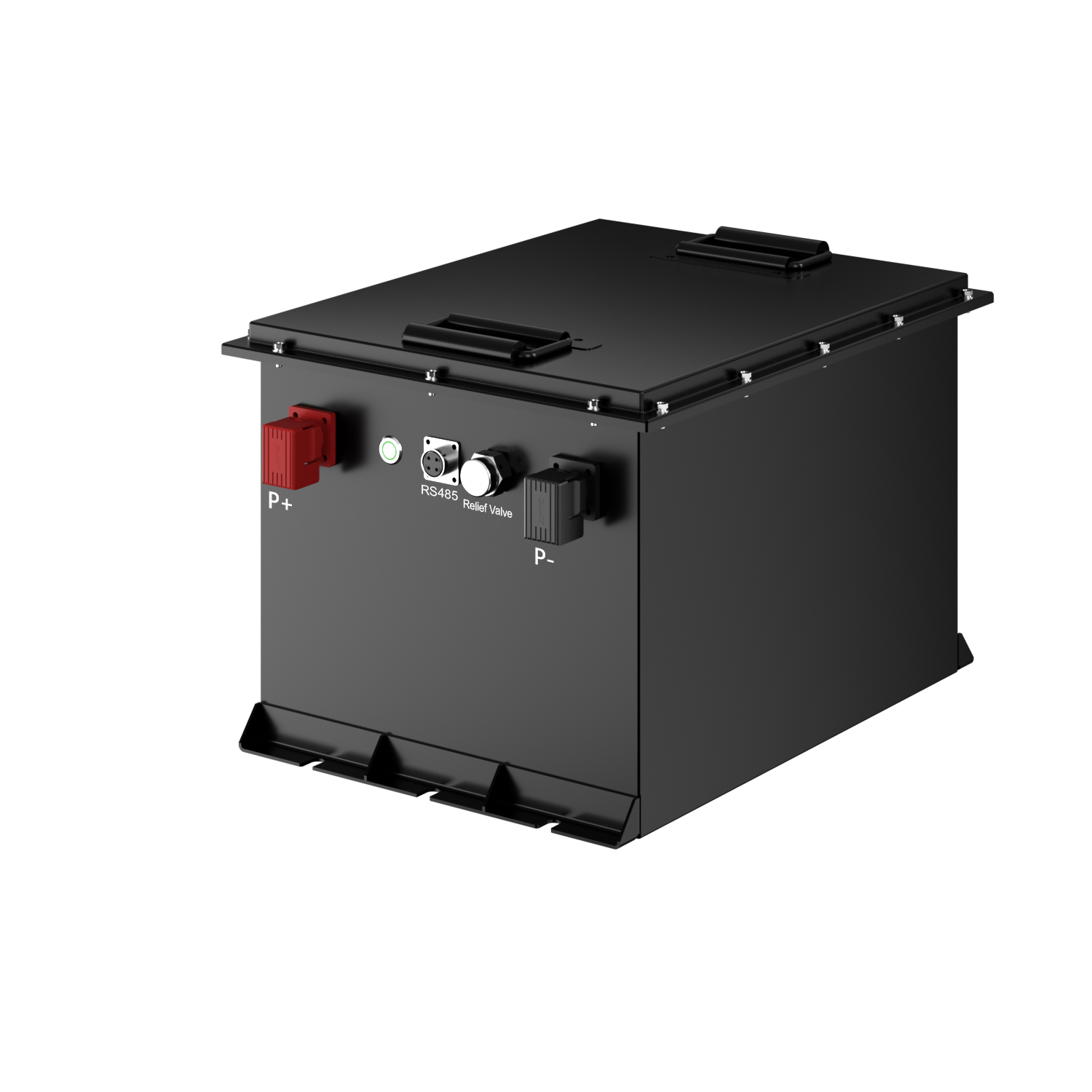
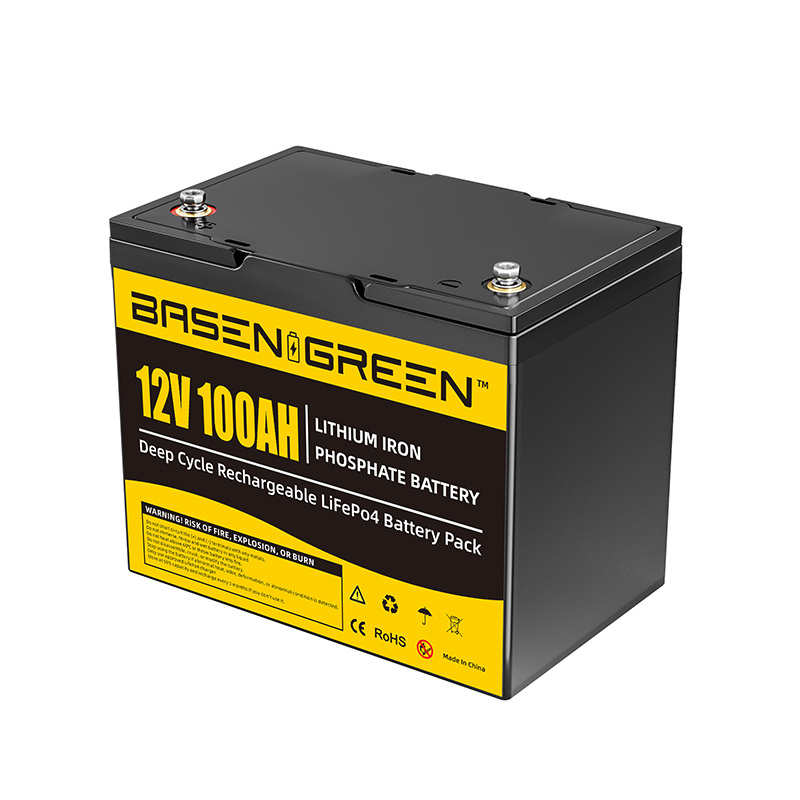
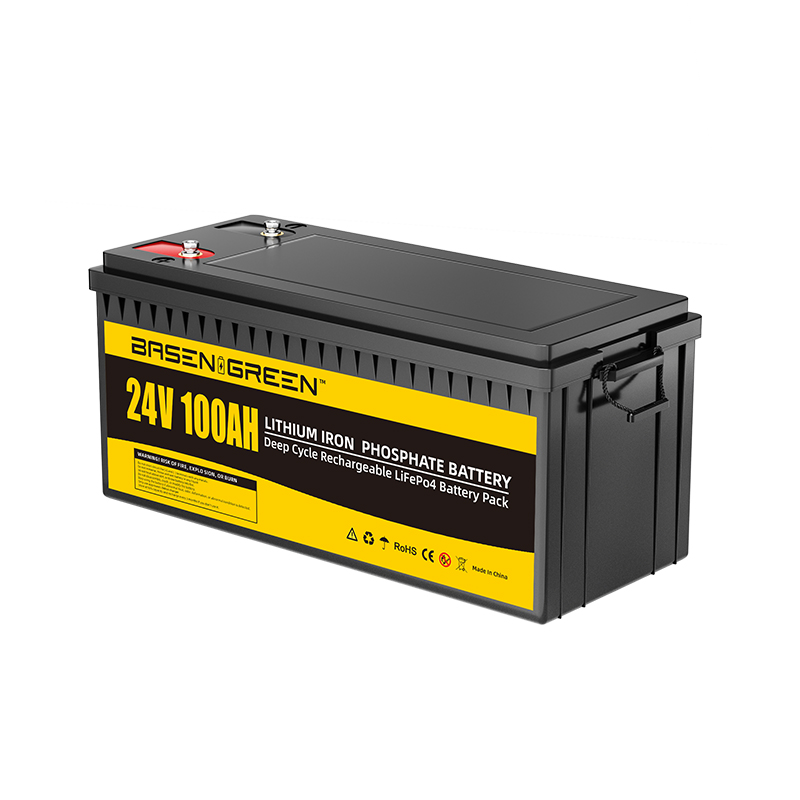
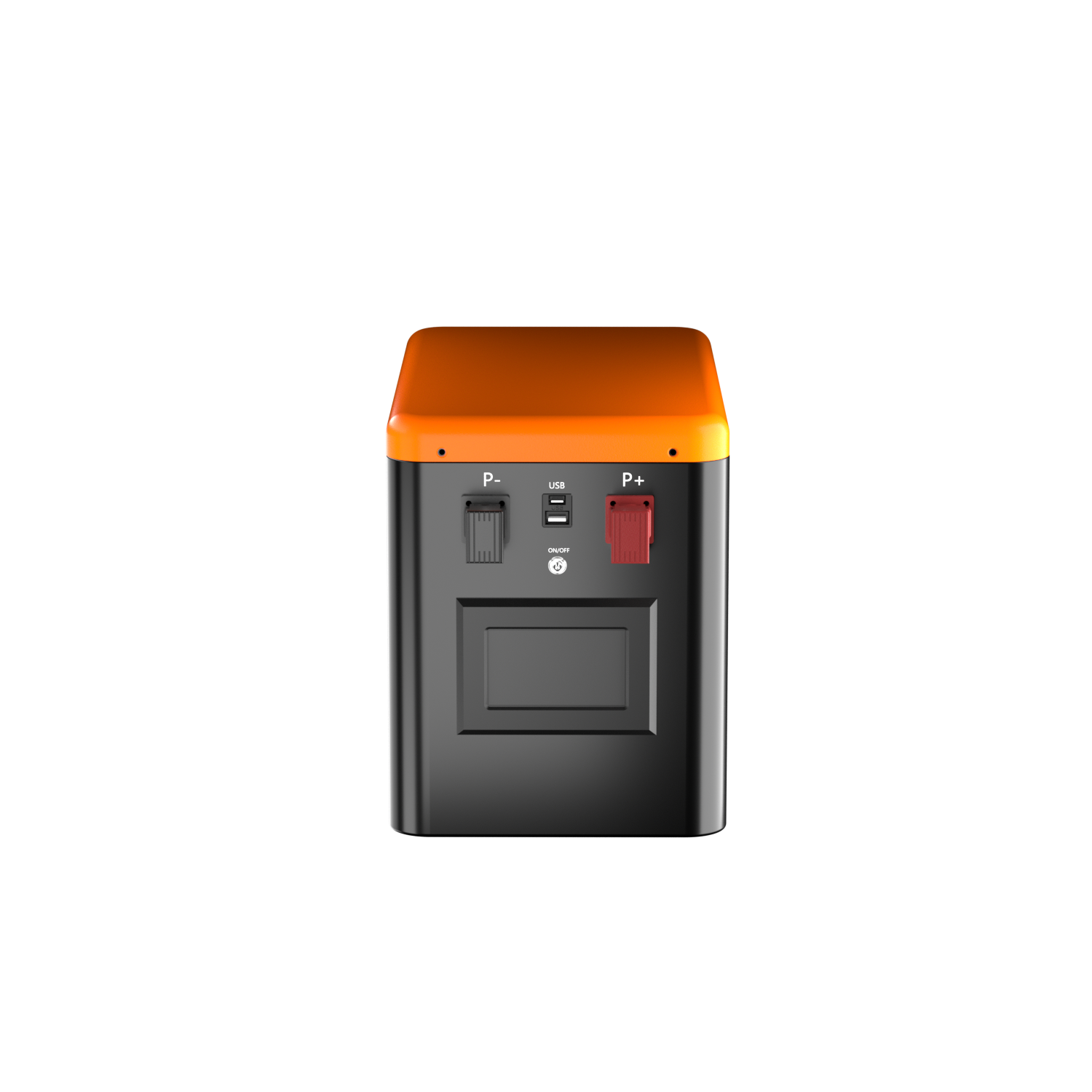
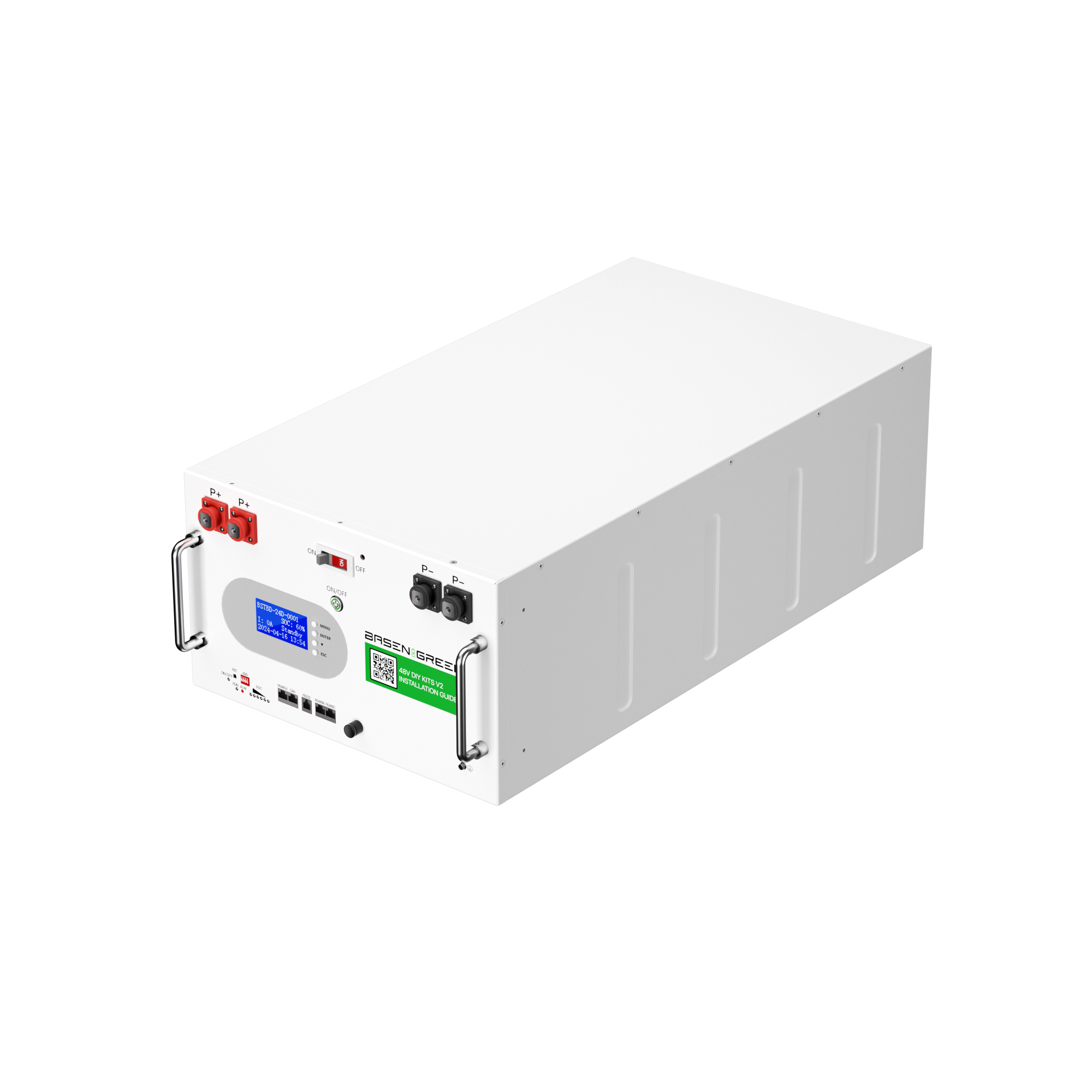
.png)
